Pursuant to the Child Protection Act, children who have attained 10 years of age must be heard in any administrative and judicial proceedings in which their rights or interests are affected unless this is damaging to their interests. Children below the age of 10 may be heard depending on the level of their development.
Any hearings and consultations must be attended by a social worker from the Social Assistance Directorate and, if necessary, by another appropriate specialist. The court or the administrative authority issues instructions that the hearing may also take place in the presence of a parent, guardian, trustee, another person providing care for the child or another relative the child knows except where this is not in the interests of the child. Children also have the right to legal aid in all proceedings affecting their rights or interests (Article 15, paragraph 8 CPA).
The Criminal Procedure Code lays down specific provisions in relation to the participation of children in criminal proceedings.
When there is a conflict between the interests of the child and those of the child’s parent/guardian/trustee, a special representative is appointed for the child (lawyer) (Article 101 of the Criminal Procedure Code). Such would be the case when the child’s parents are involved in the process of trafficking.
In pre-trial proceedings, children up to the age of 14 are questioned in the presence of a pedagogue or a psychologist and, where necessary, the parent/guardian. For children aged 14 to 18, this is within the discretion of the prosecutor. Children may be questioned in the country taking measures to avoid contact with the person charged, including in specially equipped rooms or via video conference (Article 140 of the Criminal Procedure Code).
Child victims of trafficking may be questioned inside closed session (Article 263 of the Criminal Procedure Code).
If the questioning of children up to 14 years of age was attended by the person charged and their defence counsel, their testimony is read out during the trial stage of the criminal proceedings and the children are not summoned again. During the trial, children up to 14 years of age taking part as witnesses in the criminal proceedings are questioned again only by exception (when the new questioning is essential to detect the truth while measures are taken to avoid contact with the person charged, including in specially equipped rooms) (Article 280 of the Criminal Procedure Code).
The questionings of children – both at the pre-trial stage and the trial stage of the criminal proceedings – may take place in the so called “blue rooms” which allow for child-friendly questionings with the participation of a psychologist. The room where the child and a specially trained specialist are sitting is separated by a non-transparent glass from another room where the representatives of the authorities and the parties sit (judge, prosecutor, police officer, psychologist, person charged and their defence counsel). The two rooms are connected through a screen and microphones and the questioning/hearing is recorded. The prosecutor asks questions which the person interviewing the child hears in the phone receiver and paraphrases so that they will not traumatise or hurt the child. Blue rooms usually have different entrances in order to avoid any contact between the person charged and the child.
Hearings in blue rooms reduce stress for the children, improve the quality of their testimony and save the need for additional questioning.
There are approximately 40 blue rooms in the country located on the territory of the court, the police and child service providers (licenced non-governmental organisations).
